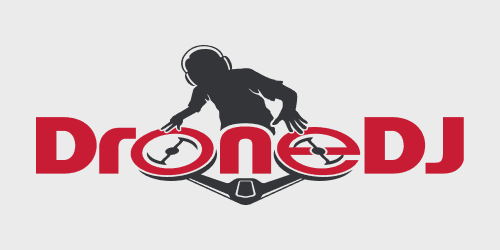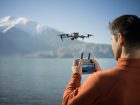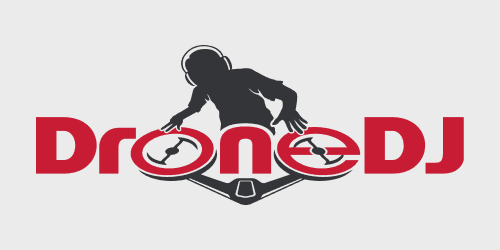
DJI might be pushing the boundaries of consumer drone technology with its latest product, the world’s first triple optical camera drone, but the company is on the hook for a mighty $279 million judgment after a federal jury in Texas decided it infringed on two patents held by Textron, a US aerospace manufacturer.
A federal district court jury in Waco, Texas, has awarded $279 million in damages to Textron, which owns military rotorcraft maker Bell Helicopter.
Textron argued that two popular features on DJI drones, automatic hovering and vehicle following, are based on Bell patents, which are now owned by Textron.
According to Textron, the follow-a-vehicle feature is based on US patent number 8,014,909 “control system for vehicles,” which enables pilots of helicopters and tiltrotor aircraft to follow ships and land on them. The same technology also enables DJI consumer drones to follow snowboarders down mountains or follow cars around neighborhoods, attorneys for Textron said.
The auto-hover feature, meanwhile, is based on US patent number 9,162,752 “flight control laws for automatic hover hold.” The tech that enables rotor wing pilots to land their aircraft more safely and easily also makes flying and operating DJI drones a breeze for consumers, Textron claimed.
DJI said it has developed these technologies independently with key distinctions from Textron patents. Textron’s vehicle-following tech, for instance, uses the followed vehicle’s both position and direction, but DJI drones leverage only the position of the subject being tracked.
Top comment by Gregory Dearth
Lol. DJI claiming military helicopter and civilian drone technology are completely different puts the emphasis on the adjective and not the noun.
It's not that Textron argued civilian vs military for patent infringement. It was drone vs helicopter. It's dumb, but it's better.
There are obvious simaritues just as there are between motorcycles and bicycles. Saying military motorcycle vs civilian bicycle dodges the point and is deceptive for the same reason.
That said, I'm not sure how much underlying tech is unavoidable. Were the claims about algorithms and logic? Then maybe there are similarities since the hydraulic vs electronic argument then is also moot. But the algorithms used to hover and follow might be similar only due to the physics shared in attaining those goals.
Solving the physics of a general task using similar methods is how our universe works, not an intentional act of copyright infringement. Can a telescope company sue a binocular company because they both manipulate light with lenses?
Textron has a weak argument at best.
To go back to the analogy, this is like saying Harley would succeed in suing BMX because they both have wheels, use brakes, and grip the surface using rubber. DJI should fight this ruling.
Similarly, the automatic hovering feature is not based on a pilot in the vehicle controlling it with mechanical and hydraulic systems like Textron’s patent claims. It is simply based on a drone operator using a handheld remote controller.
After the verdict was announced, DJI told Reuters it “strongly disagrees” with the ruling and will “vigorously pursue all options” to defend its legal rights.
“Textron is a military helicopter company. DJI is a civilian drone company. No commonality exists between the technologies,” DJI said.
Read: Does DJI Mini 3 Pro work with FPV goggles?
FTC: We use income earning auto affiliate links. More.





Comments